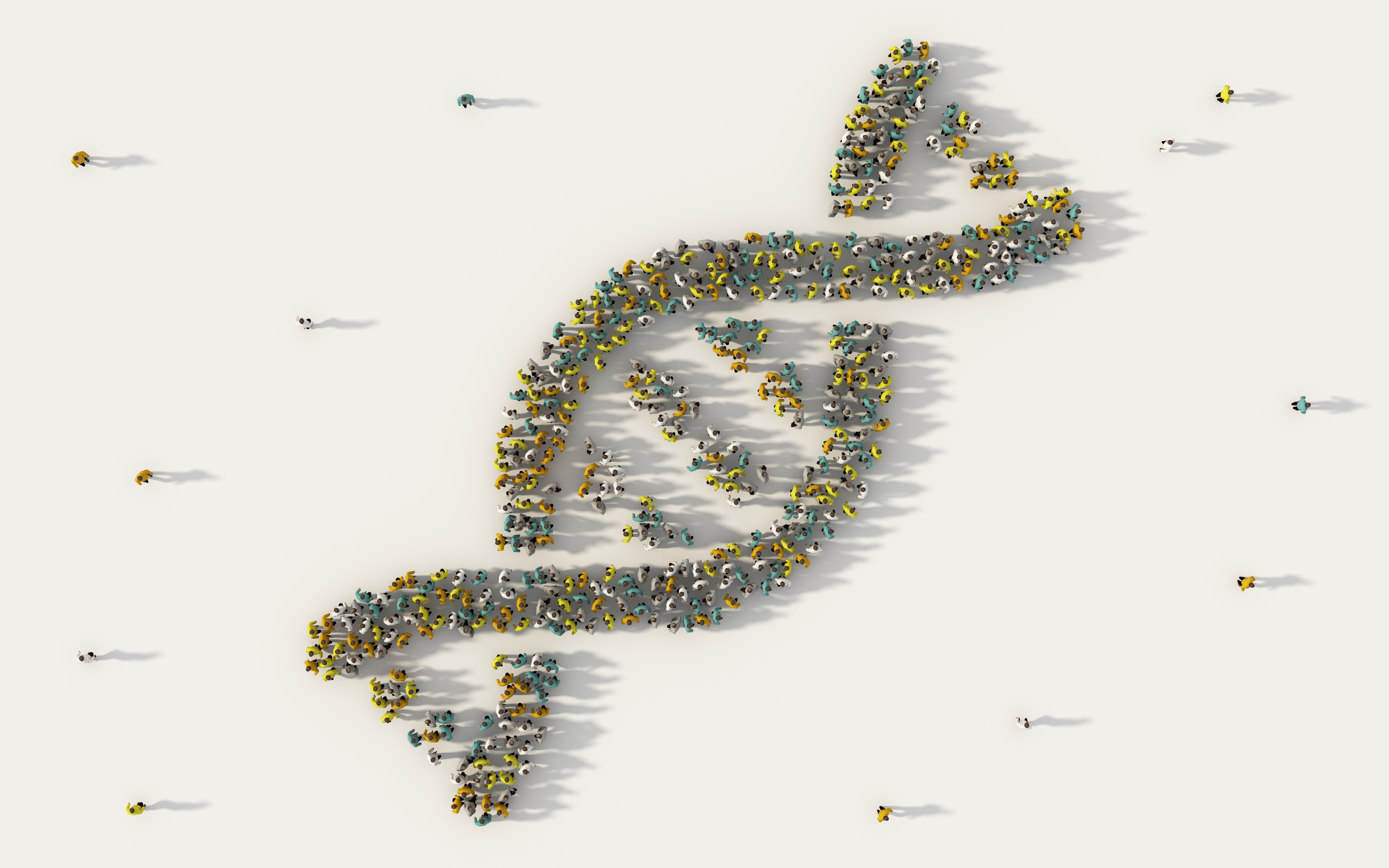Aggregated News

“Genetics just got personal.” So boasted the website of 23andMe in 2008, just after launching its DNA testing service.
As we entered this decade, a small cohort of companies — 23andMe, its Silicon Valley neighbor Navigenics, and Icelandic competitor deCODE Genetics — were selling a future of personalized medicine: Patients would hold the keys to longer and healthier lives by understanding the risks written into their DNA and working with their doctors to reduce them.
“We all carry this information, and if we bring it together and democratize it, we could really change health care,” 23andMe cofounder Anne Wojcicki told Time magazine when it dubbed the company’s DNA test 2008’s “invention of the year,” beating out Elon Musk’s Tesla Roadster.
But in reality, the 2010s would be when genetics got social. As the decade comes to a close, few of us have discussed our genes with our doctors, but millions of us have uploaded our DNA profiles to online databases to fill in the details of our family trees, explore our ethnic roots, and find people who share overlapping sequences...



